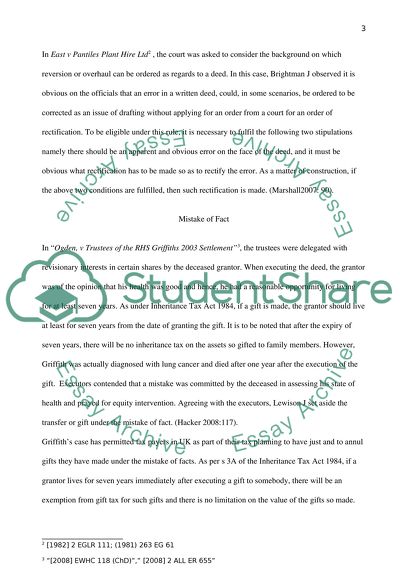Cite this document
(“UK's Court's Equitable Jurisdiction in Inheritance Tax Matters Essay”, n.d.)
Retrieved de https://studentshare.org/law/1390718-land-law
Retrieved de https://studentshare.org/law/1390718-land-law
(UK's Court'S Equitable Jurisdiction in Inheritance Tax Matters Essay)
https://studentshare.org/law/1390718-land-law.
https://studentshare.org/law/1390718-land-law.
“UK's Court'S Equitable Jurisdiction in Inheritance Tax Matters Essay”, n.d. https://studentshare.org/law/1390718-land-law.


